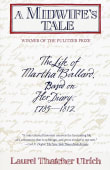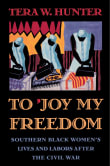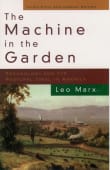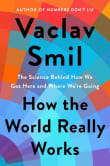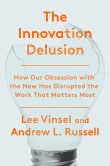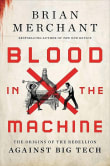More Work for Mother
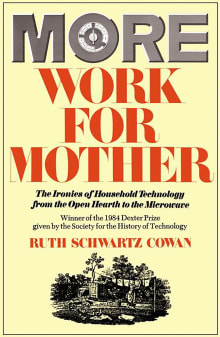
Book description
In this classic work of women's history (winner of the 1984 Dexter Prize from the Society for the History of Technology), Ruth Schwartz Cowan shows how and why modern women devote as much time to housework as did their colonial sisters. In lively and provocative prose, Cowan explains how the…
- Coming soon!
Why read it?
3 authors picked More Work for Mother as one of their favorite books. Why do they recommend it?

It is hardly news that housework is gendered. But in this classic study Cowan, by taking housewifery seriously as work and kitchen utensils and appliances seriously as technologies, opens up the whole panorama of production and consumption in a domestic setting. The influx of new appliances, and in a more convenient form old materials (such as powdered soap) in the early decades of the 20th century worked to, in a sense, “industrialize” the home. Unlike factory workers, however, housewives were unpaid, isolated, and unspecialized. Their managerial role shrank (hired help disappeared from most homes) and rather than being drained…
From Carroll's list on technology interacting with American society.

This is the best book I know for helping us understand women’s domestic chores. The book moves from the early colonial period through the mid-20th century, but the theme remains the same: no matter what wonderful improvements were made in household technology, women’s work remained long and demanding. The hard physical labor of cleaning, cooking, and household maintenance may have eased, especially over the decades of the 19th century, but changing expectations about proper meals, cleanliness, and clothing meant that women rarely did less work. The book is lively—a page turner—and the illustrations throughout add to the pleasure. It is…
From Janet's list on American women’s lives in the American Revolution.

Ruth Schwartz Cowan’s masterful account of the changing technology of housework tracks the evolution of household technology—not just the washing machine for laundry but also new stoves, new flour, and new forms of food preservation like refrigerators. We see quickly that the innovation that marked the industrial revolution extended to households as well. The future seemed potentially utopic for housewives who expected to face less rigorous labor obligations in the home. Nonetheless, Cowan argues that even as household technology improved, women lost the help of men, servants, and children who formerly shared the burden of housework. Moreover, for every new…
From Alison's list on the politics of doing the laundry.
Want books like More Work for Mother?
Our community of 12,000+ authors has personally recommended 58 books like More Work for Mother.
